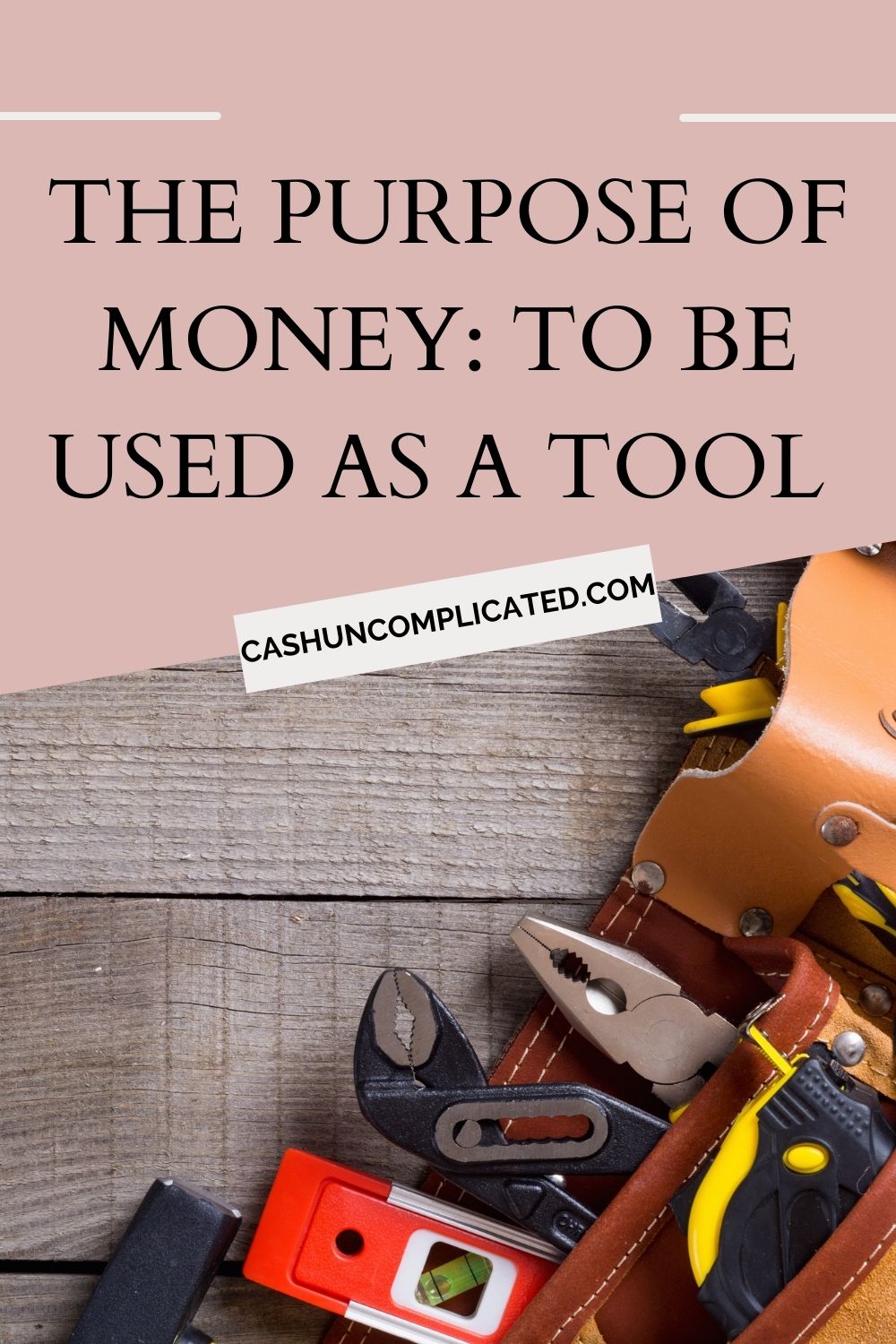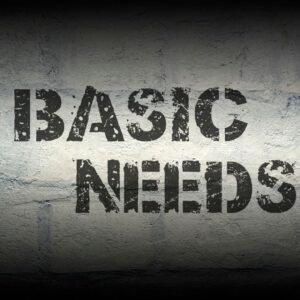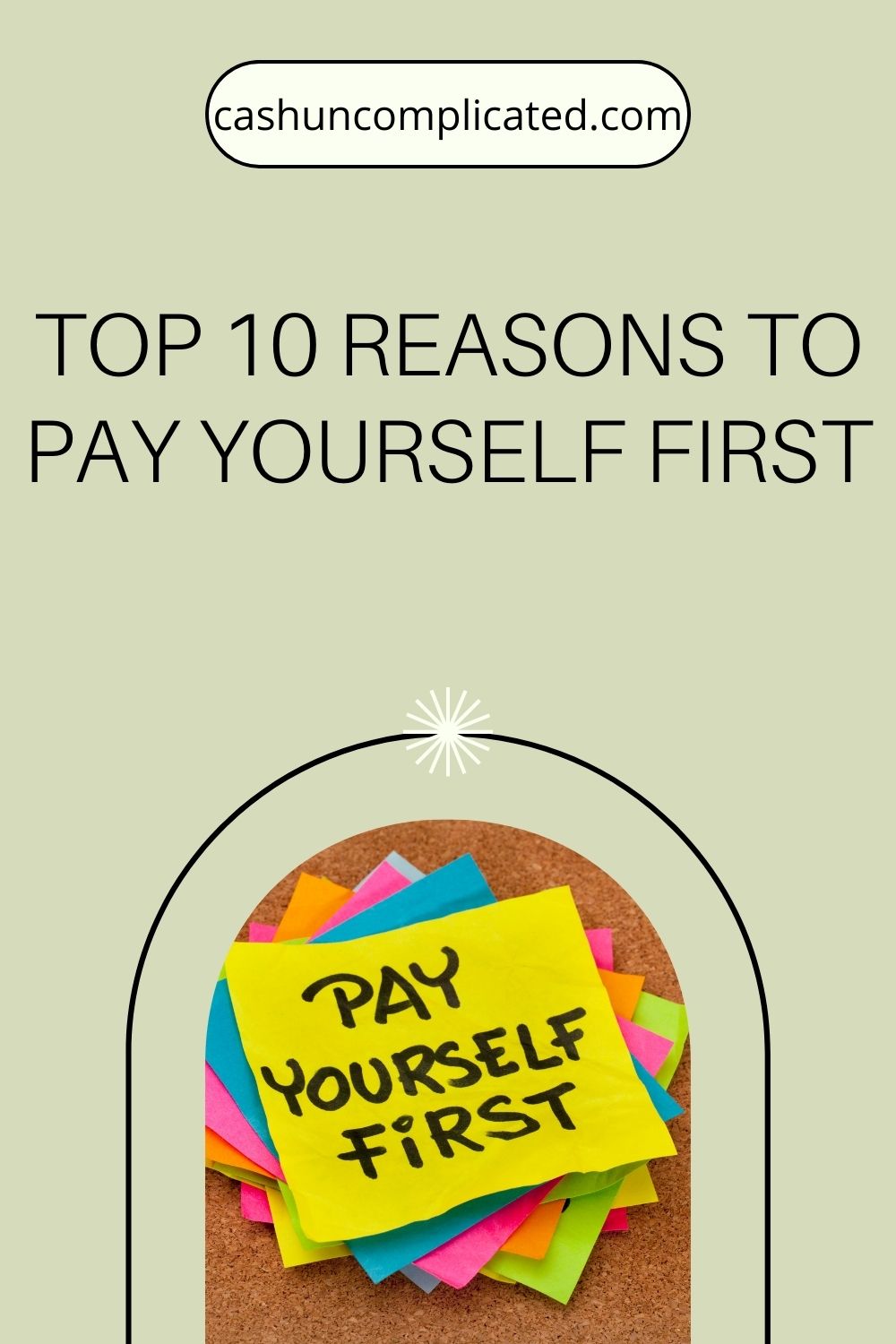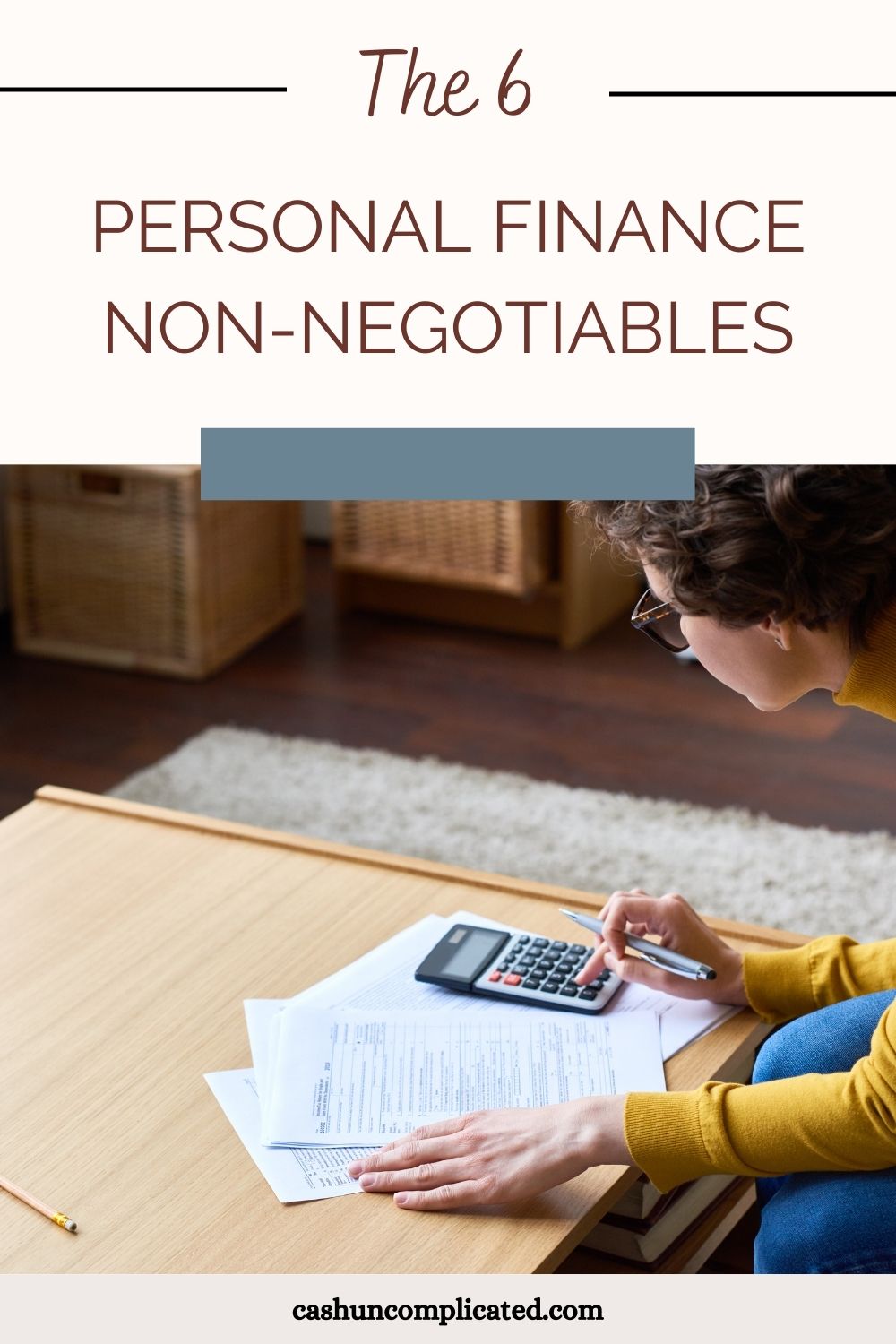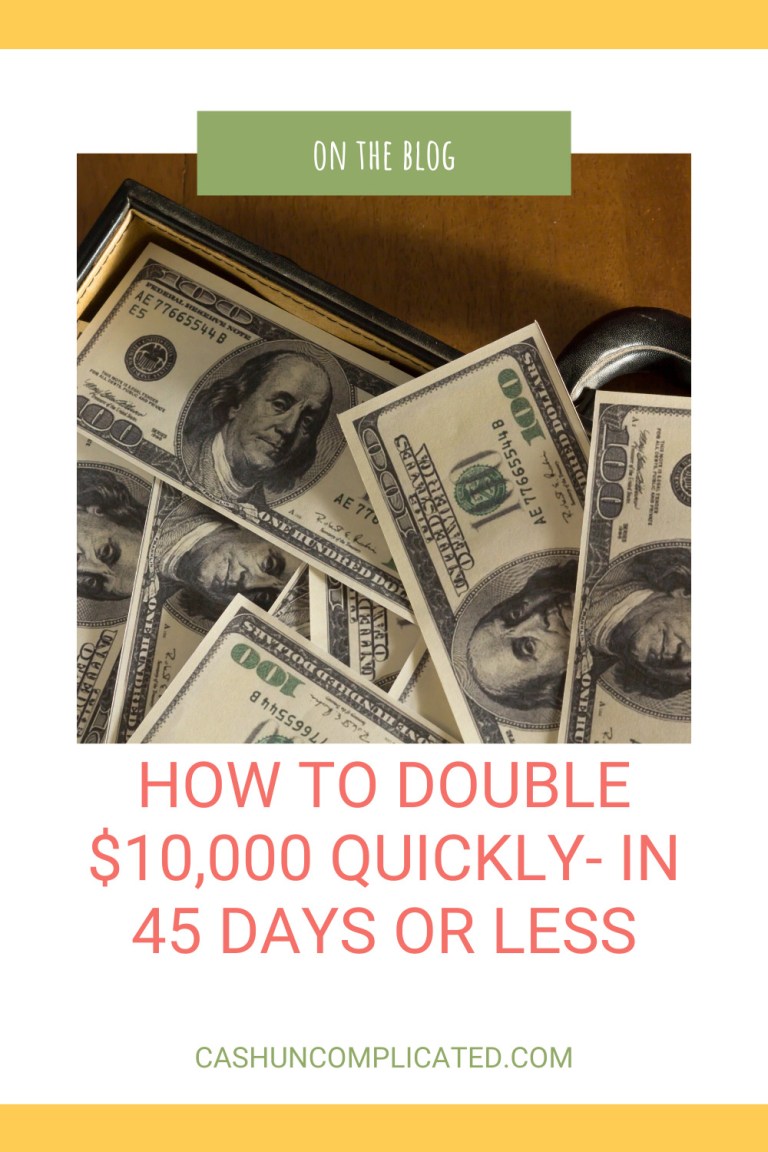Money can be a complicated subject. Everyone was raised in different ways, have different life experiences, and think of money in their own unique ways. As I got to thinking more about my own money philosophy, I began to think more about the purpose of money. The conclusion I ultimately came to is that money is to be used as a tool.
The Money Umbrella
Think of money as an umbrella. Under that umbrella are all the purposes money serves. Safety, security, basic needs, experiences, and many more. Money helps us get these things, but money itself other than that serves no purpose.
Money itself cannot provide shelter, but it can provide us with the ability to purchase a home. We can’t eat money, but we can use money to buy food. We can’t spend time with hundred dollar bills next to us and call it a great experience, but we can use money to buy airfare to a beautiful vacation destination. You get the point.
The Purpose of Money
This section will cover common ways for money to be used. Remember, the purpose of money is not just to accumulate it. The accumulation has to serve a tangible purpose or it’s really not worth anything. A million dollars serving no purpose is worth less than ten thousand dollars with a purpose. Money is to be used as a tool.
Basic Needs
Let’s begin with an obvious purpose of money–to provide basic needs. Things like food, shelter, housing, and clothing. All things needed for survival, and all things money can buy.
There are different levels of each. For example, food in a five-star restaurant is very different from eating canned food at home. Both provide nutrition but the five-star restaurant also provides an experience and probably tastes better than canned food.
Same thing with housing. A luxury home costing 10 million dollars and a small room shared between two people both provide shelter, a basic need. The luxury home also provides the ability to entertain, extra comfort, and all the other things that go along with a home of that caliber.
Safety and Security
Physical safety and security is one thing, but there’s another level of safety and security. And that’s the safety and security knowing that you have enough resources to provide for yourself and your family. The resource needed to fulfill this need is money.
Having enough money in the bank and in investments provides a feeling of security. It’s knowing clothing and shelter are paid for, food will be on the table, and other basic needs like medical care are available.
Time
Sounds strange, but money can literally buy time. Here’s an example. Imagine your house takes four hours to deep clean. Cleaning the showers, mopping the floor, scrubbing the countertops, wiping down baseboards, etc. If that takes four hours, that is four hours of your time.
Now imagine paying someone to perform this service. While you’re at work or however you choose to spend your time, that work is being done for you. You are trading your money to not have to spend time on something you don’t want to do. Since extra time isn’t something that can be created, that’s a pretty good trade.
Same thing goes for other things like gardening work, household repairs, car repairs, etc that you may not want to do. All of those things can be paid for with money, allowing you not to have to spend time on things you don’t want to do.
Related: 6 Productivity Tips That Will Help Anyone Get More Done in Less Time
Wants
I think most people understand there is a difference between wants and needs. Needs are the basics like food, shelter, and clothing–all addressed at the start of this post. Wants are the extras like a bigger and nicer house, higher quality clothing, faster and more comfortable cars, etc. Wants are not essential, but nice to have.
Money can pay for our wants. If you want a new suit and have the money to buy it, you can make the purchase. If you want the latest gadget for your home and have the money, you can buy it. Or if you want a new computer because yours is just a little slower than you’d like, you can do that too. Money gives you the ability to turn a want into reality.
Experiences and Fun
Money can be used as a tool to buy experiences. We all experience things everyday–some great and some mundane and ordinary. Day to day, a lot of our experiences are similar.
Money allows us to buy the experiences of our choosing. Always wanted to take a tropical vacation? Money can buy the flight and accommodations. Want to go to New York City for a week? Money can buy that as well.
It’s not that money can buy happiness. But it can buy access to experiences, which have the ability to add to our happiness.
Education
There are many forms of education. There’s formal education like college and then there’s education like masterminds, seminars, coaching, and books. All valuable-and all costing money. Education itself isn’t going to make our lives better, but the application of the education will.
Some education is free but there’s also a lot of education that isn’t. Money provides access to paid education, giving the individual a major advantage. Think about two scenarios. Scenario one is you are trying to figure out how to start a business on your own. There are going to be a lot of struggles and a lot of online research, often going down a nowhere and mistake laden path.
Then there’s scenario two in which you hire a business coach and participate in masterminds with entrepreneurs. You’re still going to work hard and face challenges in this scenario, but you will have a lot more support and access to knowledge and wisdom.
You’ll learn from wise people who have been there, done that. You’ll learn things that quite possibly can take years off your learning curve. Two very different paths.
Makes Things Easier
Money doesn’t make life effortless or eliminate all challenges, it can just make things easier. Think about a simple example of someone with a car that needs replacing. Money can buy a new car and eliminate the stress of having an old car that breaks down. It also eliminates the need for car payments because the cash is available.
Other simple ways money can make things easier:
- Pay for a housekeeper, handyman, gardener, etc.
- Take car to a mechanic rather than DIY
- Hire contractors to perform work on house rather than doing it yourself
Ability to Give
Money is a tool we can use to give more. Not only can we give our time, but we can also provide financial support with money. A monetary donation can help a high school student attend the college of her dreams, feed a family, rescue a pet, among countless other things.
Providing a monetary donation can go a long way for a lot of things. It’s the ability to give a gift to someone you know or is thousands of miles away. The ability to provide financial resources is a very powerful gift that is a privilege to have.
Freedom
This last section is kind of all-encompassing. Money can buy you freedom. Freedom to do the things you want to do when you want to do them, time freedom, the ability to plan your day without money constraints, and much more.
For example, money can buy you the ability to go on a vacation while you pay someone else to maintain your house and yard, take care of your animals, and make sure everything is running smoothly. Money gives you the ability to enjoy a stress free vacation while everything at home is taken care of.
Money can also mean the ability to create your own schedule. The financially independent person doesn’t need to clock in and out of work, wake up at a certain time, or schedule vacations around the busy time of year at work. They may still choose to, but they don’t have to. Many people, including myself, really enjoy work and find a balance between work and time away from it.
Conclusion
Money is to be used as a tool. There needs to be a tangible purpose to it–otherwise it’s just paper or a bank account statement. It’s what we do with our money, or how we perceive it, that counts. Accumulating endless money just for the sake of accumulating more isn’t going to do anything for anyone.
Think about how you perceive and use money. Do you want money for the extra piece of mind, an emergency account, travel, helping others, or funding your children’s education? Or do you want money for time freedom, to donate to worthy causes, or work less on household projects? Or a combination of all of the above and more? It’s up to you!
How do you use money as a tool?

